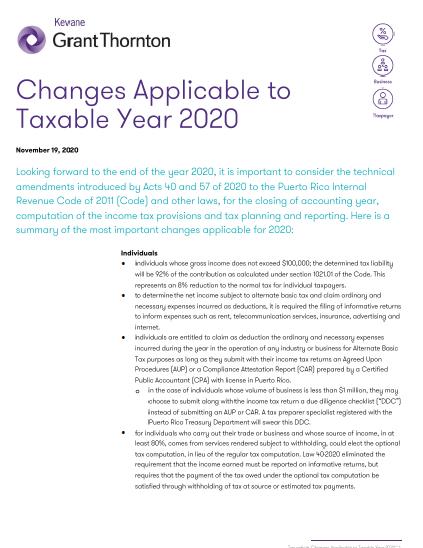Tax Insight
Tax Considerations for Mergers and Acquisitions
In the pursuit of business expansion, businesses have a wide array of options when deciding their approach on how to achieve their goals. Mergers and acquisitions (“M&A”) offer the opportunity to rapidly expand business operations while decreasing the risks associated with starting a new operation or expanding from scratch.
However, M&As are not immune to tax implications for the parties involved in the transaction. As such, when considering M&A transactions, it is important to evaluate all of its implications in order to determine which type of deal is right for you. This article provides a summary of important key points that should be pondered when conducting M&A transactions.


